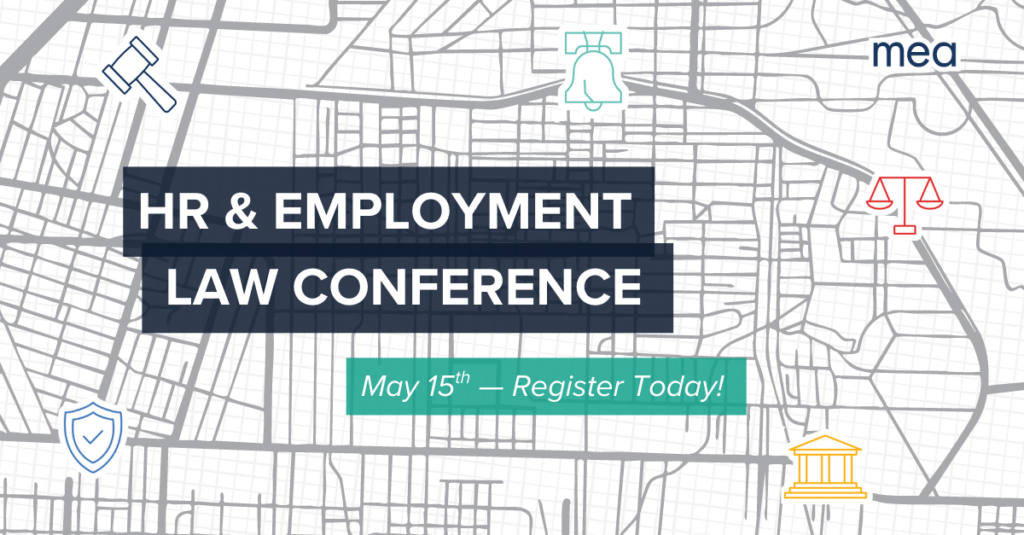Since President Trump took office in January 2025, the federal government has increased its immigration enforcement efforts, and this trend is expected to continue for the foreseeable future. Employers should establish a response protocol now to reduce employer legal risks and minimize business disruptions.
Conduct Internal Audits
Before the government comes knocking at your door, prepare by conducting regular internal audits, either on your own or with the assistance of an outside professional.
An effective internal I-9 audit should include the following steps:
- Collect all Forms I-9;
- Verify there is a completed Form I-9 for all current employees;
- Complete Forms I-9 for current employees that do not have a completed Form I-9;
- Audit Forms I-9 for current employees to ensure each section is properly completed and accurate;
- Correct errors on completed Forms I-9 for current employees;
- Review Forms I-9 for terminated employees; and
- Document all steps taken during an internal audit in an audit log.
Establish a Response Plan in Advance of an Immigration Raid
Establishing a response plan in preparation for an Immigration and Customs Enforcement (ICE) immigration raid will help employers to better navigate these high-stress situations, minimize confusion, and protect their organization from potential legal or reputational damage. Beyond having a plan, training for managers and employees is essential.
As you prepare your raid response plan, consider including the following:
- Designate a trained response team to interact with ICE agents. A response team should include key personnel or decision-makers (e.g., HR representatives, legal counsel and security personnel) who are responsible for managing the situation in the event of a raid. The response team should be trained in the basics of immigration law and the organization’s procedures and policies and be able to act quickly, calmly and efficiently in response to a raid.
- Establish clear communication protocols. The response plan should include instructions on how employees can report a raid, how managers should inform employees and who will contact the organization’s immigration counsel. Additionally, a member of the employer’s response team should be responsible for communicating with ICE agents during the raid to maintain clear, consistent communication.
- Review the search warrant. In the event of a raid, a designated response team member should request to see and review – ideally with legal counsel – any search warrant presented by ICE agents at the start of a raid. This will help determine the proper scope of any raid.
- Document actions taken by ICE agents. Properly documenting an immigration raid is essential to protect an organization and its employees. However, employees should be instructed not to interfere with or obstruct a raid.
- Train other employees. Consider providing employees who are not on the response team with information about their rights and their roles in advance of an immigration raid.
- Create a business continuity plan. The response plan should address how the organization will operate after an ICE raid. This may include establishing staffing contingency plans for worker absences, rescheduling work and ensuring operations remain functional.
Immigration raids and I-9 audits are a reality for some employers, especially in the current environment. However, employers who take steps to prepare can minimize potential disruptions and reduce legal exposure. Employers should consult with experienced human resources professionals and/or labor and employment counsel with any questions regarding these complex employment law issues. For all MEA members, the Hotline is available to provide this assistance. For MEA Essential and Premier members, a Member Legal Services attorney is available for additional consultation.
*This Alert is provided for general informational purposes only and does not constitute legal advice.
Who is MEA?
MidAtlantic Employers’ Association delivers comprehensive HR-driven business solutions designed to help companies grow. Whether you need support for a single project or complex issues, you have access to seasoned professionals who are experts in their fields and dedicated to serving you well. Our collaborative, accessible, and responsive nature allows us to help you find solutions aligned with your goals. Whatever your goals are, we can help you develop better people and better outcomes so they can be achieved.
To learn more, contact us today to schedule a consultation, help us understand your needs, and learn how we can help.

